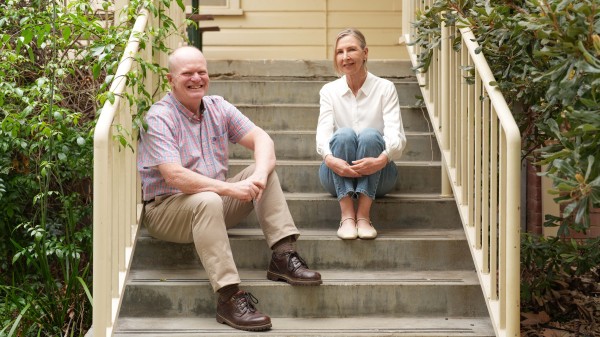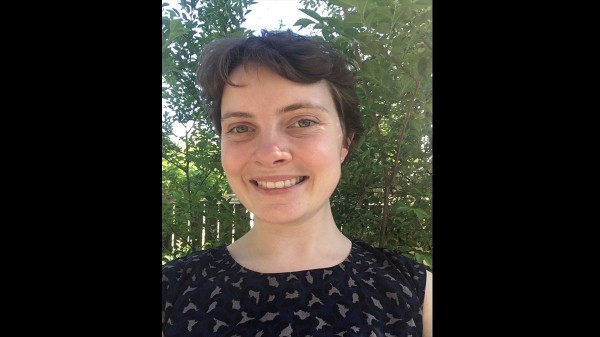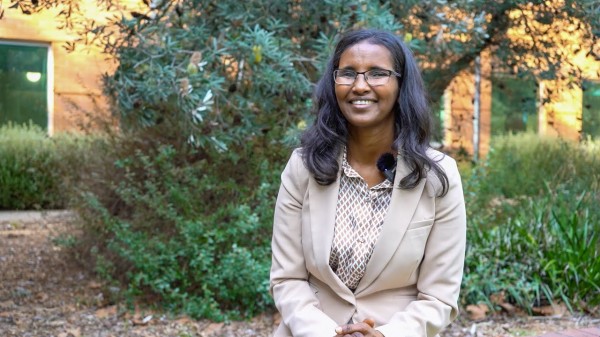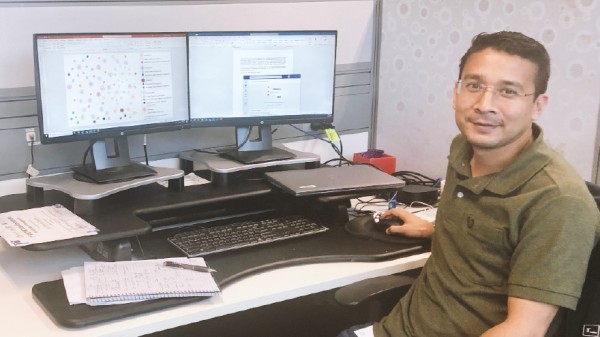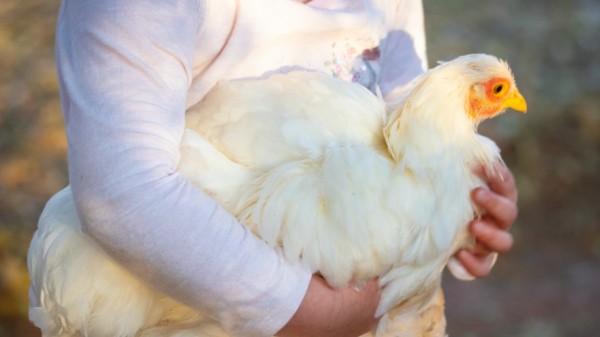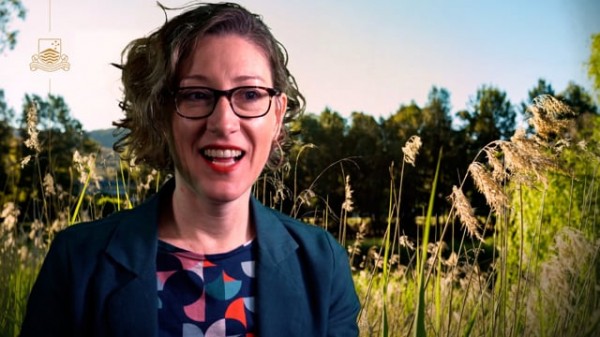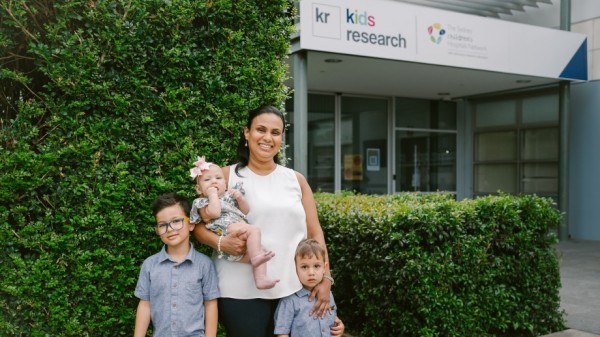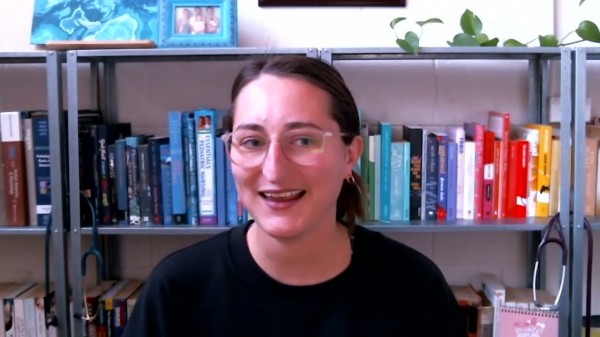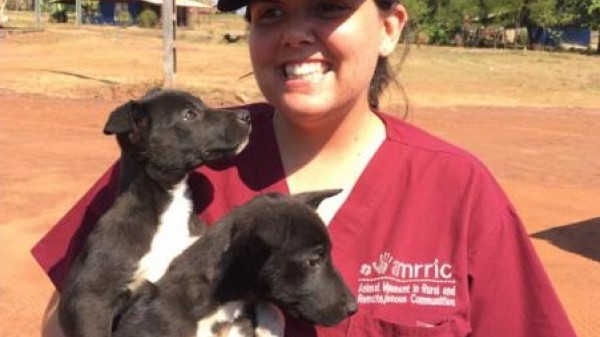Applications for 2025 have closed. Please monitor our website for 2026 recruitment. Alternatively, if you wish to be contacted when applications open, please email mae.nceph@anu.edu.au.
Please Note: The Master of Applied Epidemiology Program places students in field placements in Australia, i.e. Australian Government Departments and State and Territory Public Health Units. To be eligible to be placed in these organisations you are required to be an Australian citizen or an Australian permanent resident. If you do not meet these criteria, unfortunately we cannot consider your application.
Australia’s FETP
Australia’s Field Epidemiology Training Program (FETP) at ANU is an applied ‘learning-through-doing’ practitioner training program. The Australian program is TEPHINET-accredited, and part of a global network of 76 FETPs strengthening public health systems across more than 100 countries. The MAE partners with and complements health department initiatives to enhance workforce skills, health system performance and the evidence base for policies, programs and practice.
Established in 1991, our program is modelled on the highly regarded Epidemic Intelligence Service (EIS) at the US Centers for Disease Control and Prevention (CDC). Our graduates have gone on to hold senior positions in health departments across Australia, and work for international organisations such as the World Health Organization (WHO) and Medecins Sans Frontieres (MSF). Graduates, students, and our teaching staff frequently play critical roles in the coordination and field response to national and international public health events, including severe acute respiratory syndrome (SARS, 2002–2003), H1N1 influenza (2009), Middle East respiratory syndrome coronavirus (MERS-CoV, 2012–), Typhoon Haiyan in the Philippines (2013), Ebola virus disease in West Africa (2014–2016), Cyclone Winston in Fiji (2016) and the COVID-19 pandemic from 2020 onwards.
As of June 2021, our ever-growing network consists of 63 students and 270 alums. Their ability to respond proactively and add professional surge capacity to immediate health threats has garnered significant respect for our graduates and program worldwide.
The MAE is committed to supporting First Nations Scholars, with fifteen per cent of graduates identifying as Aboriginal and Torres Strait Islanders.
The Master of Philosophy (MPhil) in Applied Epidemiology is a 22-month program that trains internationally accredited future public health leaders. Using an ‘on-the-job’ approach, students spend most of the program working within field placements. This supports capacity development in the health sector and ensures our alums gain real-life training contributing to the detection, investigation, response and control of acute public health events. Scholars also undertake short periods of intensive coursework and complete a research thesis. In addition, students can participate in an internship at WHO during their study to apply their learning in an international context.
Degree overview
The Master of Philosophy (MPhil) in Applied Epidemiology is a 22-month program that trains internationally accredited future public health leaders. Using an ‘on-the-job’ approach, students spend most of the program working within field placements. This supports capacity development in the health sector and ensures our alums gain real-life training contributing to the detection, investigation, response and control of acute public health events. Scholars also undertake short periods of intensive coursework and complete a research thesis. In addition, students can participate in an internship at WHO during their study to apply their learning in an international context.
Key facts

What you will learn
MAE scholars spend most of their time in a field placement, typically a government health department or a research institute. While in their placements, scholars complete at least four useful and important research projects under the supervision of field and academic supervisors to meet the following competencies:
- Response to an acute public health threat (usually an outbreak investigation);
- Analysis of a public health data set;
- Conduct an epidemiological research project;
- Evaluation or establishing a surveillance system.
Learning in the field placements is supported by three coursework intensives at ANU (usually three-week blocks) where scholars complete courses in outbreak investigation, public health surveillance, data analysis, applied research methods and issues in applied epidemiology. Scholars must also complete other course requirements, including teaching, writing a peer review paper and presenting their work at a national or international conference.
Scholars write up their projects and their other requirements into a thesis submitted for examination (including an oral viva) to be awarded the MPhil degree.
The Master of Philosophy requires the completion of 30 units of coursework.
Download the Master of Applied Epidemiology flyer (PDF, 353KB).
Field placements
In Australia
MAE scholars receive on the job training in a field placement, typically a government health department or a research institute.
Read more about placements in Australia.
Student experience
MAE: Bridging animal and human health
Hear from Michaela Gilbert about her MAE experience and two-year placement with the Department of Agriculture, Fisheries and Forestry.
Impact of long COVID in Western Australia
New research from The Australian National University (ANU) shows that nearly 20% of over 11,000 Australians who had COVID-19 in 2022 still had symptoms three months later.
Investigating a COVID-19 cluster
Second-year Master of Philosophy in Applied Epidemiology Scholar Ashish Shrestha embarked on a field epidemiology training placement in Queensland.
Investigating Salmonella Typhimurium linked to backyard poultry
MAE student Troy Laidlow applies a One Health approach to a Salmonella Typhimurium linked to backyard poultry.
Celeste Marsh
- Graduate profile
Hear from Celeste Marsh about her MAE experience and deployment with the Department of Health and Aged Care and NSW Health.
Dr Kushani Marshall
- Student experience
Read about Dr Kushani Marshall’s MAE experience and deployment at Australia’s National Centre for Immunisation Research and Surveillance.
First Nations graduates
Dr Jill Guthrie leads a discussion with First Nations Alumni Jocelyn Jones, Bobby Maher, Tamara Riley and Roxanne Jones about their MAE experiences.
One Health in Wadeye, Northern Territory
- In the field
Meet Tamara Riley as she combines her veterinarian skills with epidemiology in a One Health program in the remote community of Wadeye.
Srean Chhim
- Graduate profile
Hear from graduate Srean Chhim about his MAE experience and deployment to the Institut Pasteur du Cambodge in Cambodia.
Career opportunities
The MAE is Australia’s TEPHINET-accredited program. The skills our graduates learn throughout their training are recognised around the world and place them in good positions for employment nationally and internationally. Our graduates have gone on to hold senior positions in federal and state health departments across Australia. Roles range from emergency response in the National Incident Room to research, policy development and advice. Many have also worked for international organisations such as the World Health Organization (WHO), International Committee of the Red Cross, and Medecins Sans Frontieres (MSF) in both emergency response and ongoing roles.
Our graduates are eligible to join TEPHINET Alumni Network, which provides access to many professional opportunities in Australia and internationally. Graduates can also join the ARM Network – a network dedicated to facilitating the deployment of qualified Australian field epidemiologists and other public health specialists in the event of global, regional, and cross-jurisdictional public health disease emergencies.
Some graduates also pursue academic and research roles, with employment opportunities at universities worldwide.
As a student at ANU, you gain access to the ANU CareerHub – an online career development and employability tool that includes a jobs board and careers resources. You also have access to drop-in chats with a career consultant and to attend our career fairs to meet potential employers.
Launch of the Australian Applied Epidemiology Network!
We are launching the Australian Applied Epidemiology Network (AAEN), our new professional network for MAE alumni, students, and friends of the MAE!
or use this QR registration code

What is the AAEN?
The AAEN will provide a network for public health professionals in Australia, its surrounding regions, and globally to connect on topics relating to applied epidemiology. It is intended to function as a user-driven platform to:
- circulate information on training, job opportunities, conferences and other important events
- exchange information on current public health issues within Australia and globally
- exchange information on technical matters related to applied epidemiology
- circulate information on deployments to global, regional, and cross-jurisdictional public health emergencies
- organise in-person meetings, e.g. via local chapters or at conferences
- engage in mentoring activities
Who can join?
The AAEN is open to all current, past and future students of the Australian Field Epidemiology Training Program, also known as the Master of Applied Epidemiology (MAE), as well as other public health professionals in Australia, surrounding regions and globally who have a connection to the Australian FETP, or who share similar interests to the Australian FETP.
What will happen to other communication channels?
Communication from the MAE will happen through the AAEN in the future, and other internal communication channels will be phased out. The Wattle platform will remain in use to communicate with current MAE students officially.
Archive of the MAE newsletter
Please share in your networks!
Looking forward to seeing you on Discord
The MAE team
Meet some of your teachers
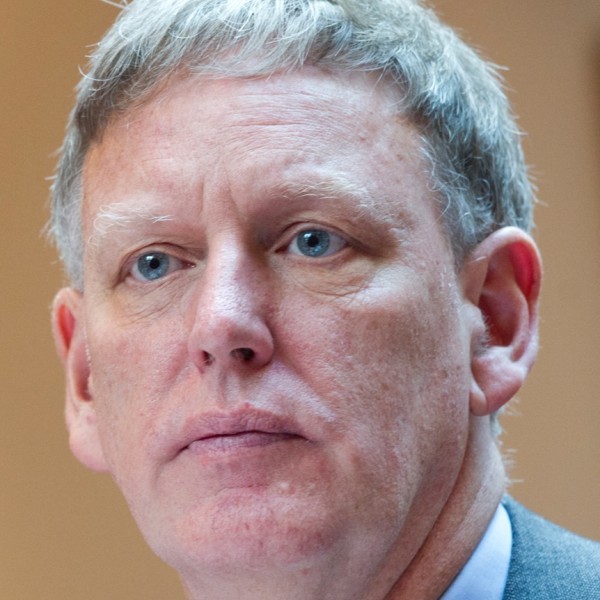
Professor Tony Stewart (MAE Director)
Professor Tony Stewart is the MAE Director. He graduated as part of the first cohort (1991-1993) and has been involved with the program and the global FETP ever since. After graduating from the MAE he worked with the Burnet Institute based in Indonesia on immunisation and maternal and child health projects; and with the Secretariat of the Pacific Community on pandemic preparedness and vector borne diseases. From 2014-2020 he worked with WHO’s Global Outbreak Alert and Response Network (GOARN) and the WHO Health Emergencies Program, on responses to Ebola in West Africa, Zika, the Rohingya refugee crises in Cox Bazar and other events.
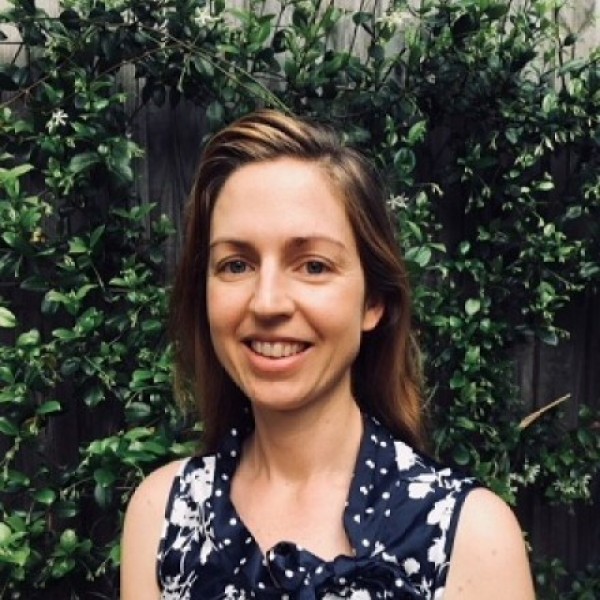
Dr Emma Field
Emma is the National Convenor of the MAE. Emma's areas of expertise include Health Security and Health Systems. Emma has worked extensively in the Asia Pacific Region including the Philippines and Papua New Guinea. Emma co-ordinates the ASEAN-Australia Health Security Fellowship Program and convenes Public Health Surveillance for the MAE Program.

Dr Davoud Pourmarzi
Davoud is the MAE program Curriculum Convenor. He is a Senior Fellow of the Higher Education Academy and has extensive experience in teaching and HDR supervision.

Dr Rezanur Rahaman
Rezanur is a medical doctor with specialist training in field epidemiology, international public health, and infectious disease and environmental epidemiology. His research interests include infectious diseases, environmental epidemiology and climate change, zoonosis prevention and a One Health approach.
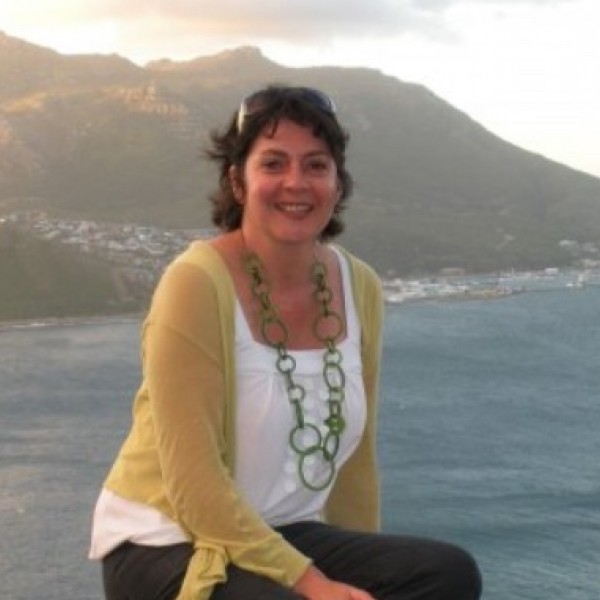
Dr Sam Colquhoun
Sam is an epidemiologist with 20 years field experience in operational research and public health programs in resource poor countries. She has a strong interest in MCH, infectious diseases, NCD and vaccine research as well as health system strengthening in primary health care.
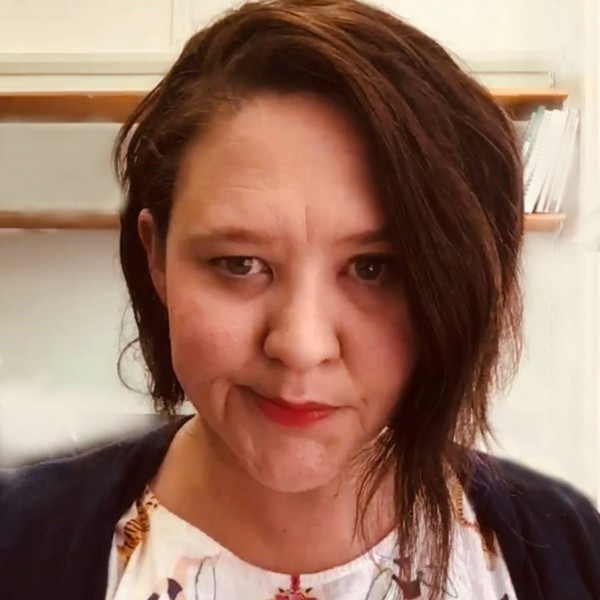
Dr Amy Parry
Amy is the International Convenor of the MAE. She is an international field epidemiologist with experience in both acute and protracted humanitarian response settings. Amy is a graduate and staff member of the Australian FETP, with a background in anthropology and public health. Prior to coming back to Australia to commence her PhD focusing on epidemiology emergency response workforce strengthening, she worked in Cambodia with the WHO Health Emergencies Program (2013-2018), and in the Thai-Burma border refugee camps (2005-2008)
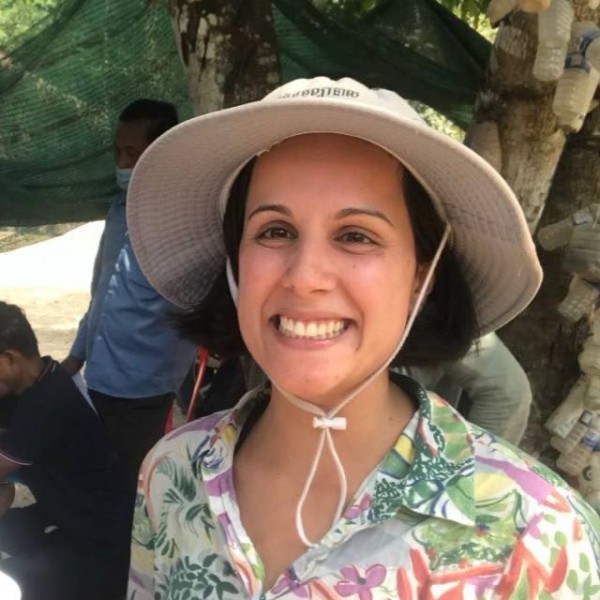
Guddu Kaur
Guddu is an applied epidemiologist who has worked for the past 12 years primarily in the management of communicable disease events in low resource settings across Australia, Africa, Asia-Pacific and Central America. In her spare time, she can be found making questionable recipes she found online.
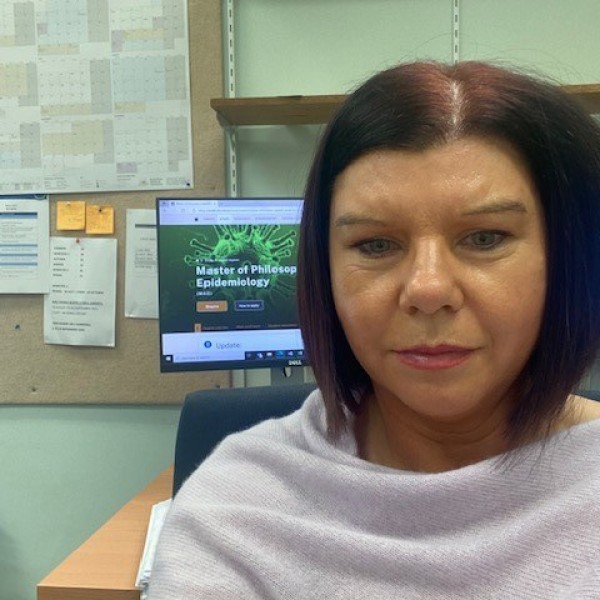
Laura Vitler
Laura is the Senior Administrator/MAE Student Officer for the MAE. Laura has extensive administrative experience working in the Australian Government, and the ANU. She worked many years at the John Curtin School of Medical Research and the Director’s Office of the then Research School of Population Health (now NCEPH). She made a move to the NCEPH Student Office looking after HDR and coursework students. Laura brings all this experience to the MAE.
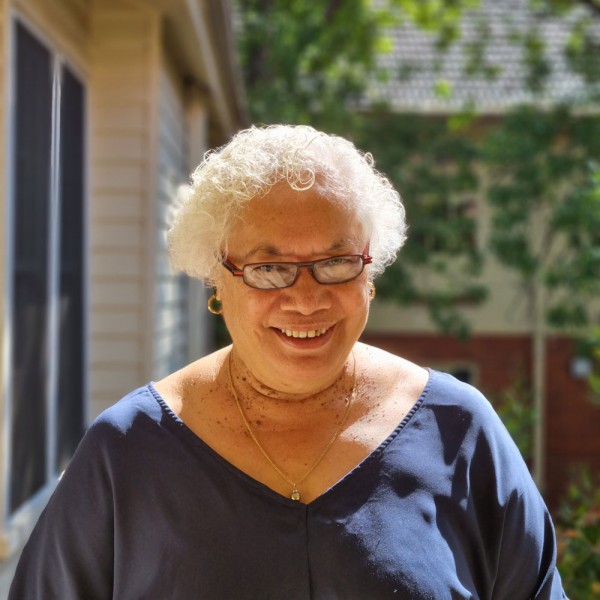
Rosalina Sa aga-Banuve
Rosalina is a medical doctor with over 30 years experience initially as a clinician then in regional and global organizations in health policy and program management in the Pacific. She is passionate about improving capacity in the field of applied epidemiology for all students both national and international.
Fees & scholarships
Tuition fees: Tuition fees
The Australian Government RTP Domestic Fee Offset Scholarship covers tuition fees for Australian citizens and permanent residents for up to four years. ASEAN-Australia Health Security Fellowships are available for some countries.
Scholarships: Scholarships
The Master of Philosophy in Applied Epidemiology Scholarship provides funding for students in Australian placements and is supplied via the field placements as a tax-free full-time scholarship of $60,000 per annum in year 2023 with 3.5% increase in year 2024 on a pro rata basis of scholarship duration.
In 2023 we launched the Aboriginal Community Controlled Health Services (ACCHS) scholarship with the aim of Indigenous scholars being able to undertake the MAE program in placements that focus on improving the health and well-being of Aboriginal and Torres Strait Islander people.
Watch the webinar
World Field Epidemiology Day is a global movement that recognises and raises awareness of field epidemiology. At ANU, we celebrated the vital role field epidemiologists play in protecting population health and advancing global health security with a conference discussing this year’s theme: Empowering Field Epidemiologists for Stronger Health Systems.
Understand the entry requirements
- Check the admission dates
- Applications open 3 June 2024
- Application close 21 July 2024
- Referee reports due 28 July 2024
-
Applicants typically have several years of relevant work experience and should have a bachelor degree with at least one upper second class honours, or a graduate diploma or master degree with significant research thesis component. Learn more about admission requirements.
- You must also meet the University's English language admission requirements.
Review the MAE Application Guide
The MAE Application Guide (PDF, 292KB) provides step by step instructions for completing your application.
Prepare references & supporting documents
You need to submit the supplementary questions as a supporting document in your application. Email the referee report form directly to your referees, and request they complete the form and email it to mae.nceph@anu.edu.au by 28 July 2024.
- Address the four questions listed in your Application Guide
- Resume/Curriculum Vitae
- Academic transcripts
- Referee reports (PDF, 230KB)
- Supplementary Questions (DOC, 269KB)
For questions specific to the application process email the MAE Student Office: mae.nceph@anu.edu.au.
Submit an application
Start your application on the ANU Apply website.
Attend an interview
Applicants will be shortlisted on the basis of their academic achievements and referee reports. If you're shortlisted, the selection committee will invite you to attend a personal interview.
Receive an offer
Applicants who are successful at the interview will be offered places in the program. If you're offered a place, you will have a short period to accept the offer.
Accept your offer
- Once you receive an offer it is very important that you accept it to ensure your place at ANU is reserved.
Understand the entry requirements
- Check the admission dates
- Applications open 3 June 2024
- Application close 21 July 2024
- Referee reports due 28 July 2024
-
Applicants typically have several years of relevant work experience and should have a bachelor degree with at least one upper second class honours, or a graduate diploma or master degree with significant research thesis component. Learn more about admission requirements.
- You must also meet the University's English language admission requirements.
Review the MAE Application Guide
The Pac-EVIPP MAE Fellowship Application Guide (PDF, 140KB) provides step by step instructions for completing your application.
Prepare references & supporting documents
You need to submit the supplementary questions as a supporting document in your application. Email the referee report form directly to your referees, and request they complete the form and email it to mae.nceph@anu.edu.au by 28 July 2024.
- Address the four questions listed in your Application Guide
- Resume/Curriculum Vitae
- Academic transcripts
- Referee reports (PDF, 230KB)
- Supplementary Questions (DOC, 269KB)
For questions specific to the application process email the MAE Student Office: mae.nceph@anu.edu.au.
Submit an application
Start your application on the ANU Apply website.
Attend an interview
Applicants will be shortlisted on the basis of their academic achievements and referee reports. If you're shortlisted, the selection committee will invite you to attend a personal interview.
Receive an offer
Applicants who are successful at the interview will be offered places in the program. If you're offered a place, you will have a short period to accept the offer.
Accept your offer
- Once you receive an offer it is very important that you accept it to ensure your place at ANU is reserved.
Need more information?
Send us an enquiry and we'll get back to you within 48 hours






